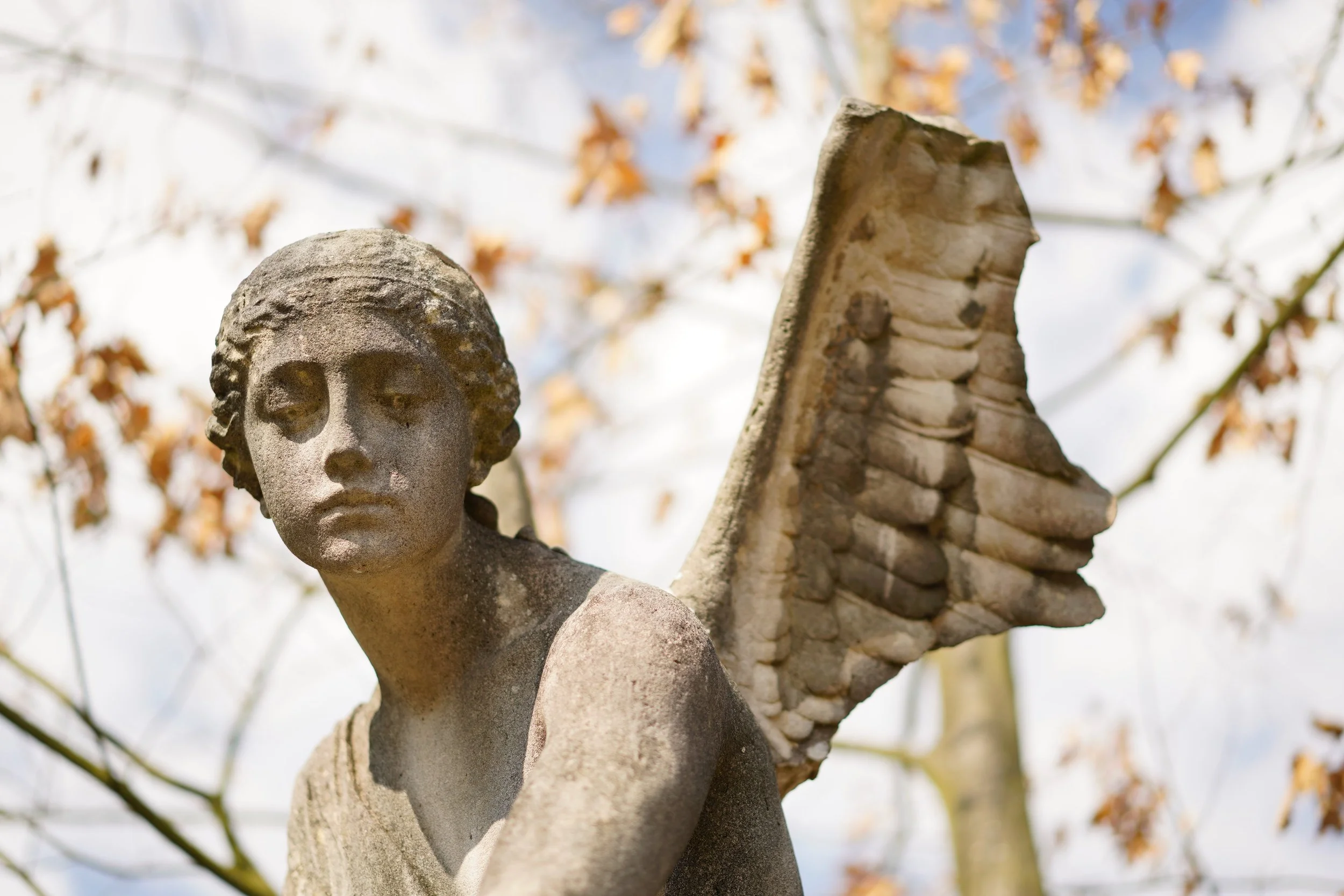Cultivating Wholeness in a Broken World: How to Overcome Hopelessness and Despair
We know our world is broken—climate crisis, economic inequality, racial injustice, mass extinction, billions spent on military equipment and policing as children go hungry and elders live in poverty rationing their medications. Take your pick; any one of these crises is enough to destroy hope. Together the crises we face feel overwhelming. It's easy to drop into cynicism and paralyzing despair.
Some days I want to shut down my news feed and social media accounts altogether, turn off the radio, and crawl into a dark hole. But, my heart and conscience won't allow me to simply check out.
So, how do you stay informed without being overwhelmed or paralyzed by hopelessness? How do you cultivate well-being and the ability to show up to help heal a broken world? I employ these five simple practices to cultivate wholeness in a broken world and overcome hopelessness and despair. These practices help create the spaciousness I need to stay informed, bear witness to the unfolding crises, and respond with the resources I have.
1. Slow down.
In a complex world, it's easy to justify being busy. Indeed, western culture seems to value busyness as proof of our importance. But busyness can also be a form of denial and distraction. It's often used to escape from the anxiety and pain of the world, a way to numb our feelings. Given the cultural drumbeat that tells us to work more and do more, slowing down can be uncomfortable, especially to a mind habituated to over-drive. However, to show up for a broken world and ourselves, we need time and spaciousness to process what is happening. We need quiet to hear our inner voice. We also need time to balance the heartbreak we feel with the wonder and beauty of a sunset, a delicious meal, an uplifting poem.
What would it take to slow down? To feel the pain and also appreciate the beauty in the world? It's easier than you think. First, set the intention, ideally before you spring out of bed in the morning. Each day, commit to spending a few minutes outdoors or simply gazing at the sky or out a window. Savor each bite of a meal. Read a poem before breakfast or before bed. With practice, you will begin to soften. You may even find yourself allowing more and more time for the simple act of slowing down and feeling present. In time, you will grow your ability to bear witness to both the sorrows of the world and to its wonders.
2. Cry sometimes.
Let the grief you feel over the state of the world move through you. Unexpressed grief can make us sick and impair our most important relationships. When it is allowed to move—to be processed, grief can break us open in a profound way. "There is a sacredness in tears," wrote Washington Irving, "They are not the mark of weakness, but of power."
And, if you're stuffing down sorrow or numbing yourself to grief, you're likely missing out on a whole lot of joy. As vulnerability expert, professor, and author, Brene Brown says "you cannot selectively numb…When we numb [hard feelings] we numb joy, we numb gratitude, we numb happiness."
If you slow down, you may find that tears come more naturally—both tears of sadness and tears of joy. However, you might need to give yourself permission to cry. If busyness is a cultural imperative, then crying, especially in public, is a cultural taboo. But why let the discomfort of a broken world dictate your emotional response. Cry sometimes—let your heart break open. To cultivate wholeness is to experience the full range of emotions—to dance with both our shadows and our light.
3. Be grateful.
Psychology research shows that experiencing gratitude is associated with greater happiness, more positive emotions, increased resilience, healthier relationships, and better health. And it can be cultivated. Keep a gratitude journal or set an intention to remember what you are grateful for—at bedtime, upon waking, or before each meal. With intentional practice, you'll begin to strengthen your gratitude muscle and may experience surprising moments of awe and wonder throughout your day. As theologian and author, Henri J.M. Nouwen writes, "Gratitude begets gratitude, just as love begets love."
According to Francis Weller, psychotherapist and soul activist, grief and gratitude work together to open and soften us. Weller writes that "the work of the mature person is to carry grief in one hand and gratitude in the other and to be stretched large by them. How much sorrow can I hold? That's how much gratitude I can give. If I carry only grief, I'll bend toward cynicism and despair. If I have only gratitude, I'll become saccharine and won't develop much compassion for other people's suffering. Grief keeps the heart fluid and soft, which helps make compassion possible."
4. Help someone.
In a world where we witness so much suffering, serving others is one of the best ways to counter despair and hopelessness. Like gratitude, serving others improves both our physical and mental health. Our brains are hardwired for altruism—the unselfish care for others. Helping others even generates mood-boosting chemicals like oxytocin, serotonin, and dopamine and counters the effects of stress.
Help, serve, or give according to your means and with an open heart. Volunteer, sit with a sick friend, donate your time or other resources to non-profit and community organizations. Give up your seat on the subway. Allow time to listen to an elder or check-in with a stranger who seems distressed. You may be surprised how small an act can change someone's day, and yours.
5. Take action.
No matter how deep your cynicism or despair, even when it seems there is nothing to hope for, do something. According to author and activist, Joanna Macy "it doesn't require our optimism, to act, even in areas where we feel hopeless." Action in the face of despair is "wise hope" as described by Buddhist activist and writer, Joan Halifax, a deep understanding where "the imperative to act rises up." "Wise hope, Halifax says, "reflects the understanding that what we do matters, even though how and when it may matter, who and what it may impact, are not things we can really know beforehand."
So, in the face of not knowing and uncertainty, do something, big or small, rise up, show up. Take even a small step toward a future you might envision. "Ultimately, we cannot know what will unfold from our actions now or in the future, Halifax writes, "yet we can trust that things will change; they always do."

